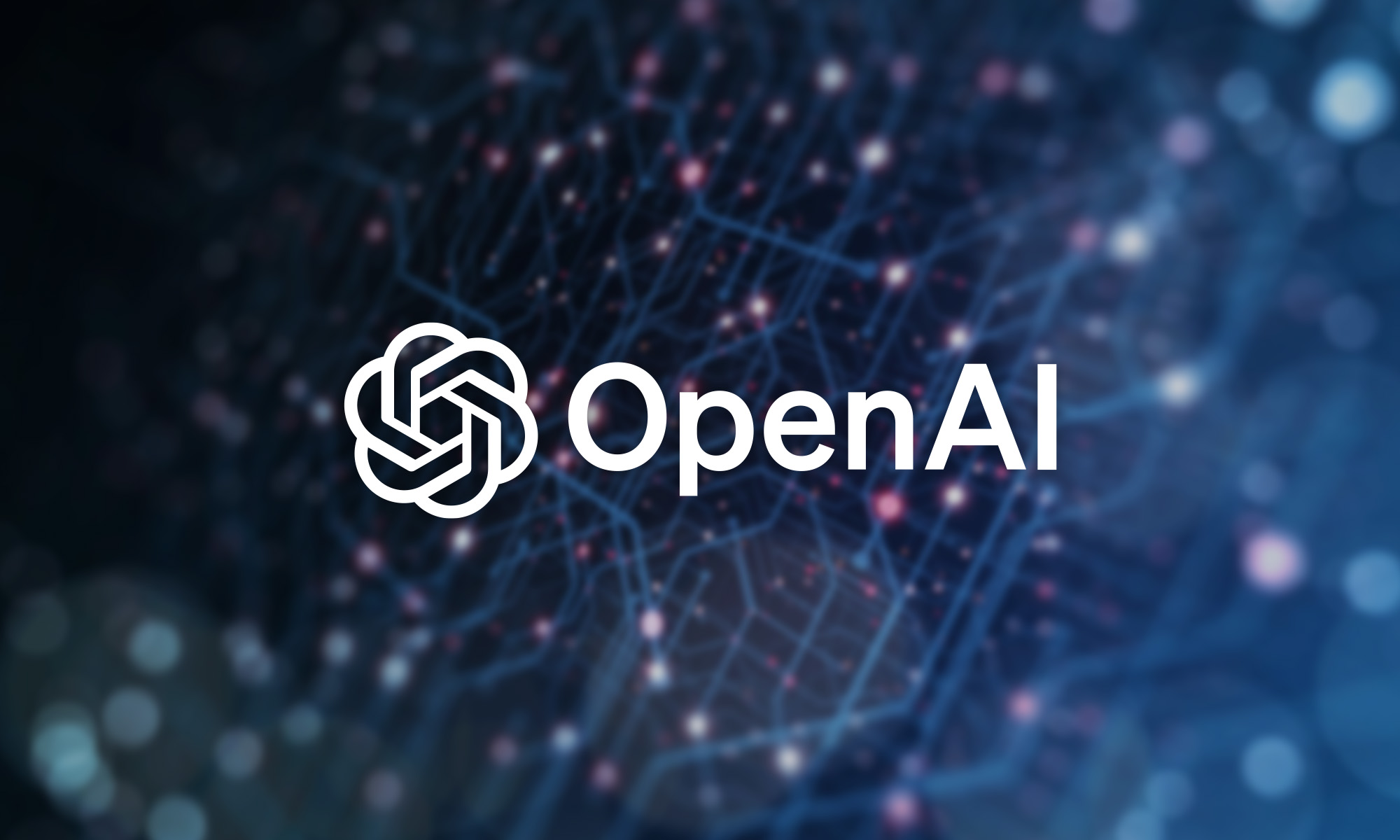News
OpenAI Establishes Five-Level System To Gauge AI Progress
The ChatGPT creator revealed the new classification system to employees during a recent company-wide meeting.

OpenAI has introduced a five-tier framework to monitor its advancement toward developing artificial intelligence that can rival and even surpass human capabilities.
The initiative is the latest in the startup’s efforts to enhance public understanding of AI safety and was shared with staff during a company-wide meeting on Tuesday, July 9. OpenAI intends to present the levels to investors and other stakeholders, which span from conversational AI (Level 1) to AI that can independently operate an entire organization (Level 5).
During the meeting, OpenAI executives informed employees that the company is currently at the first level but is nearing the second level, known as Reasoners. This tier represents AI systems capable of basic problem-solving tasks comparable to a human with a doctorate-level education.
In the same session, OpenAI’s leadership demonstrated a research project featuring the GPT-4 AI model, showcasing new skills indicative of human-like reasoning. For years, the company has been working towards achieving what is often referred to as artificial general intelligence (AGI), which entails creating computers that can outperform humans in most tasks. Such systems do not yet exist, though OpenAI CEO Sam Altman has previously suggested that AGI might be achievable later this decade.
Also Read: The Most AI-Proof Career Opportunities In The Middle East
Determining the criteria for AGI has been a topic of ongoing debate among AI researchers. In a paper published in November 2023, researchers at Google DeepMind proposed a framework of five ascending AI levels, including “expert” and “superhuman”, which resembles the classification system used in the automotive industry for self-driving cars.
According to OpenAI’s proposed levels, the third tier on the road to AGI is called Agents, representing AI systems that can perform tasks autonomously over several days. Level 4 describes AI that can generate new innovations, while the highest level, Organizations, refers to AI capable of managing entire enterprises.
The framework, developed by OpenAI executives and senior leaders, is considered a work in progress. The company plans to collect feedback from employees, investors, and its board, with the possibility of refining the levels over time.
News
Rabbit Expands Hyperlocal Delivery Service In Saudi Arabia
The e-commerce startup is aiming to tap into the Kingdom’s underdeveloped e-grocery sector with a tech-first, locally rooted strategy.

Rabbit, an Egyptian-born hyperlocal e-commerce startup, is expanding into the Saudi Arabian market, setting its sights on delivering 20 million items across major cities by 2026.
The company, founded in 2021, is already operational in the Kingdom, with its regional headquarters now open in Riyadh and an established network of strategically located fulfillment centers — commonly known as “dark stores” — across the capital.
The timing is strategic: Saudi Arabia’s online grocery transactions currently sit at 1.3%, notably behind the UAE (5.3%) and the United States (4.8%). With the Kingdom’s food and grocery market estimated at $60 billion, even a modest increase in online adoption could create a multi-billion-dollar opportunity.
Rabbit also sees a clear alignment between its business goals and Saudi Arabia’s Vision 2030, which aims to boost retail sector innovation, support small and medium-sized enterprises, attract foreign investment, and develop a robust digital economy.
The company’s e-commerce model is based on speed and efficiency. Delivery of anything from groceries and snacks to cosmetics and household staples is promised in 20 minutes or less, facilitated by a tightly optimized logistics system — a crucial component in a sector where profit margins and delivery expectations are razor-thin.
Despite the challenges, Rabbit has already found its stride in Egypt. In just over three years, the app has been used by 1.4 million customers to deliver more than 40 million items. Revenue has surged, growing more than eightfold in the past two years alone.
Also Read: Top E-Commerce Websites In The Middle East In 2025
CEO and Co-Founder Ahmad Yousry commented: “We are delighted to announce Rabbit’s expansion into the Kingdom. We pride ourselves on being a hyperlocal company, bringing our bleeding-edge tech and experience to transform the grocery shopping experience for Saudi households, and delivering the best products – especially local favorites, in just 20 minutes”.
The company’s growth strategy avoids the pitfalls of over-reliance on aggressive discounting. Instead, Rabbit leans on operational efficiency, customer retention, and smart scaling. The approach is paying off, having already attracted major investment from the likes of Lorax Capital Partners, Global Ventures, Raed Ventures, and Beltone Venture Capital, alongside earlier investors such as Global Founders Capital, Goodwater Capital, and Hub71.
























